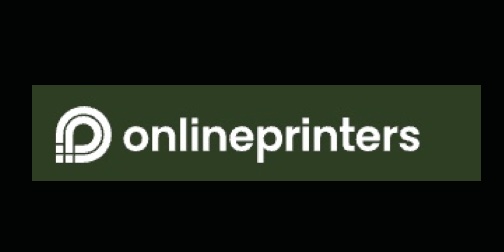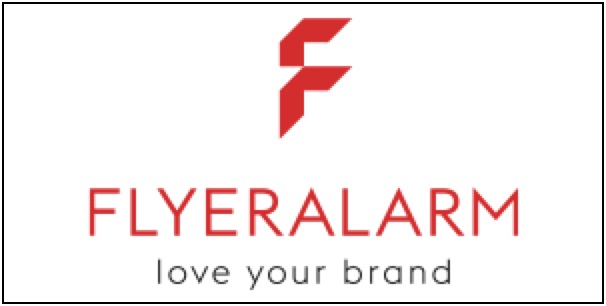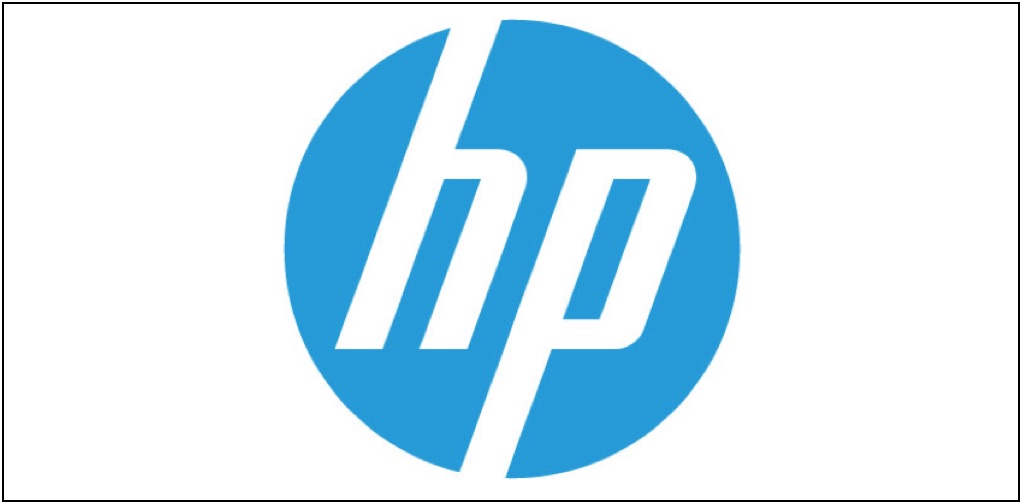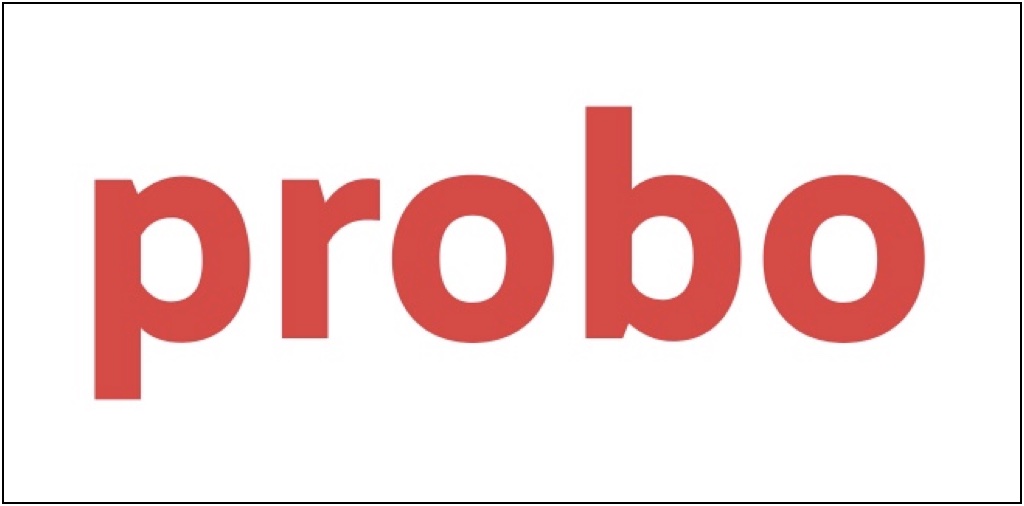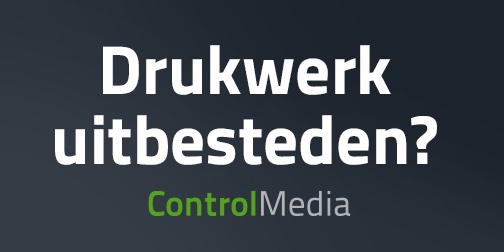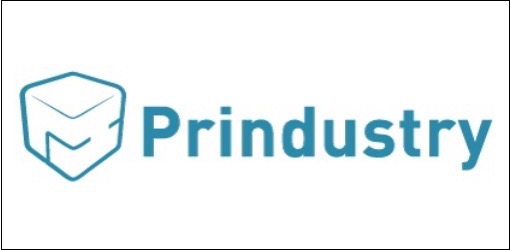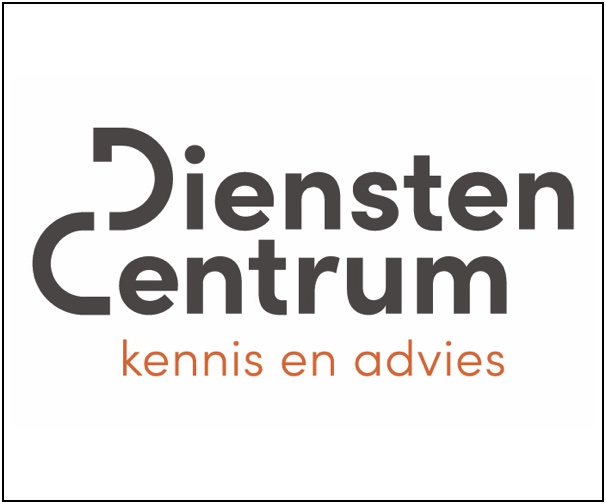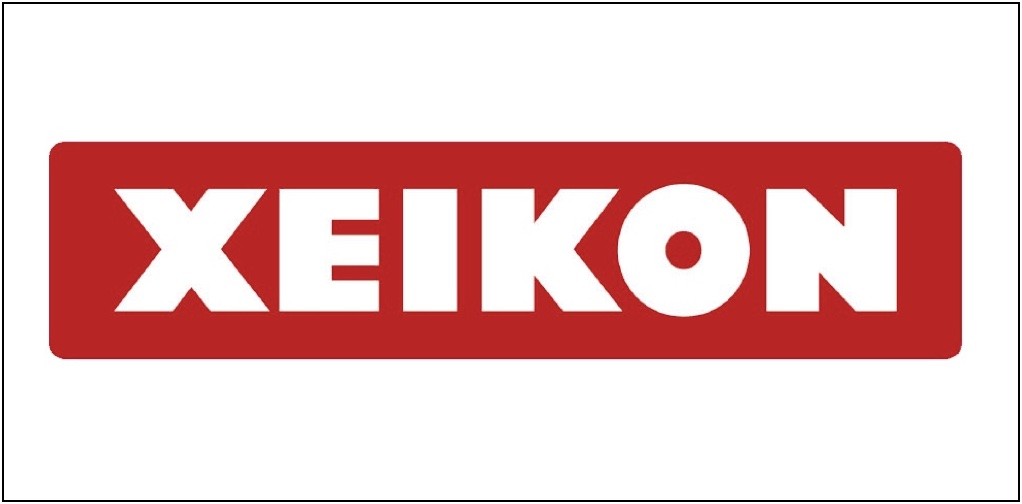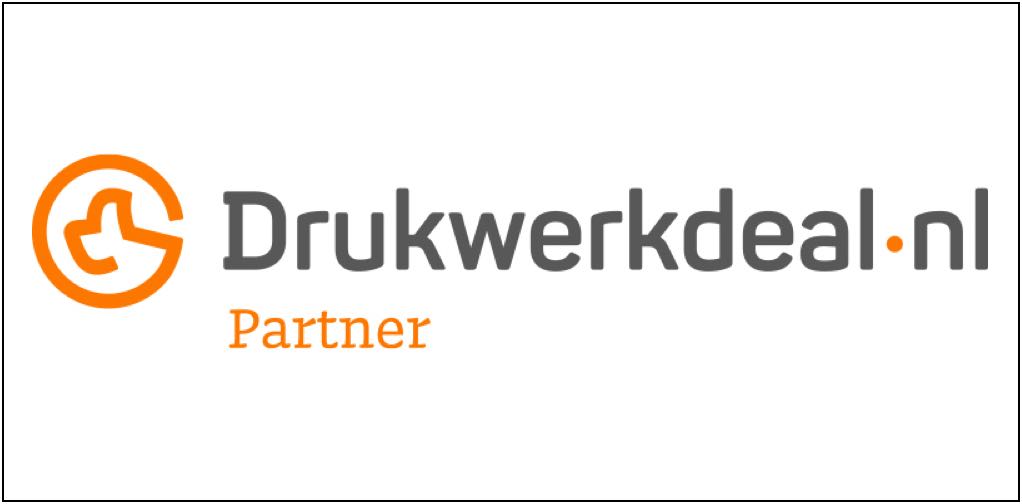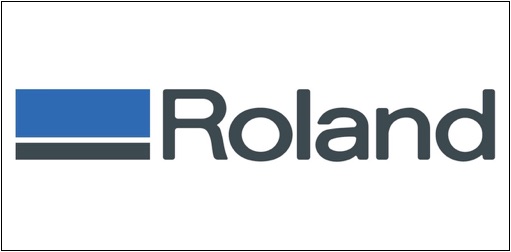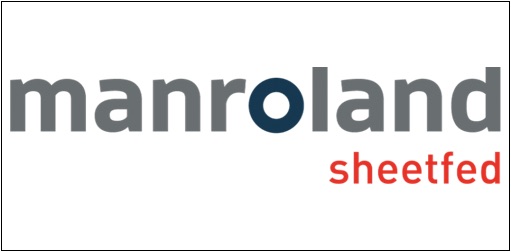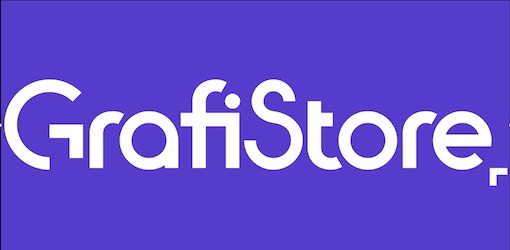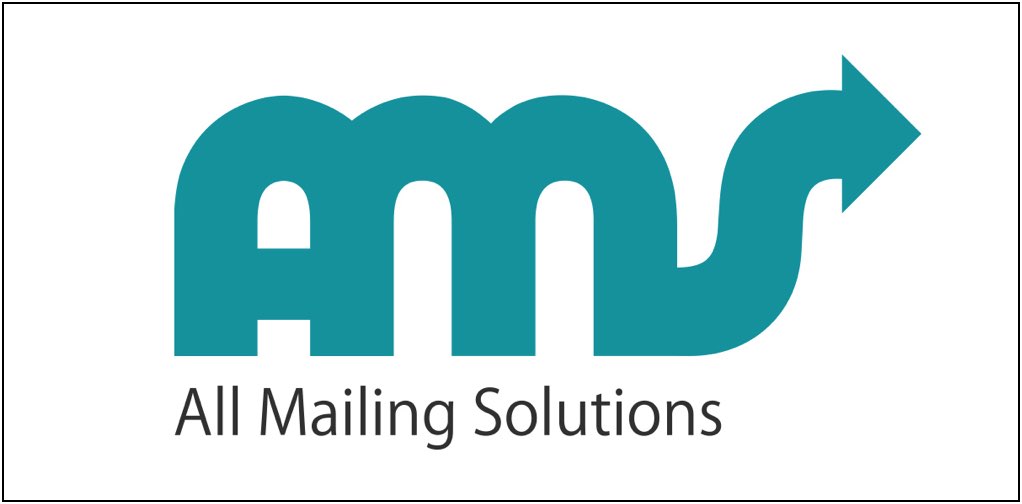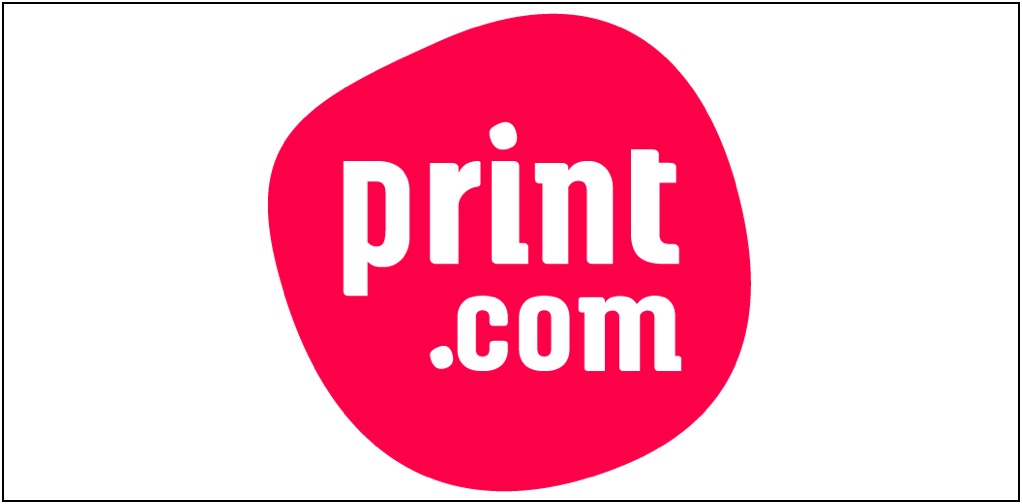Epson: introduceert PaperLab
 Epson laat zien dat het bedrijf papier kan maken zonder water.
Epson laat zien dat het bedrijf papier kan maken zonder water.
PaperLab is een machine die oud papier verwerkt tot nieuw papier in een kantoor of bedrijfsomgeving. Upcycling noemt Epson dit standalone papierrecycling systeem dat wonderlijk genoeg geen water gebruikt. De machine verwijdert zowel toner als inkjet. De normale kantoorpapieren kunnen zonder meer in de machine ingevoerd worden. Het papier wordt in de machine afgebroken tot kleine delen die met een bindmiddel gevormd worden tot nieuw papier.
De machine is nog in een testfase, Epson kan nog niets zeggen over de kosten en het energieverbruik.
Lees ook het persbericht van PaperLab:
Seiko Epson Corporation (TSE: 6724, “Epson”) has developed what it believes to be the world’s first*1 compact office papermaking system capable of producing new paper from securely shredded waste paper*2 without the use of water*3. Epson plans to put the new “PaperLab” into commercial production in Japan in 2016, with sales in other regions to be decided at a later date. Businesses and government offices that install a PaperLab in a backyard area will be able to produce paper of various sizes, thicknesses, and types, from office paper and business card paper to paper that is colored and scented.
A developmental prototype of the PaperLab will be demonstrated at the Epson booth (booth location: 4-002) at Eco-Products 2015, an environmental exhibition that will take place at the Tokyo Big Sight (Tokyo International Exhibition Center) from December 10 to 12.
The enduring universal appeal of paper lies in its simplicity as a communication tool. In fact, recent research carried out by Epson in Europe, revealed that 77% of employees across Italy, France, Spain, Germany and the UK, saw printers as vital in terms of helping them effectively work with 49% stating that not having printing capabilities would significantly impact their productivity. Information on the highly portable and always convenient medium of paper is easy to read, easy to digest, and easy to remember. Furthermore, 61% of survey respondents said that they believe “there is more chance of making errors when editing an electronic document than editing a print-out” with 88% of respondents printing on average around 21 items per day which equates to around 83 pages.
On the other hand, this essential tool is also produced from a limited resource. As a leading company in the world of printing, Epson has been deeply involved with paper used for its printer products. With this in mind, the company set out to develop technology that would change the paper cycle. With PaperLab, Epson aims to give new value to paper and stimulate recycling.
PaperLab Features
- Office-based recycling process
Ordinarily, paper is recycled in an extensive process that typically involves transporting waste paper from the office to a papermaking (recycling) facility. With PaperLab, Epson is looking to shorten and localize a new recycling process in the office.
- Secure destruction of confidential documents
Until now enterprise has had to hire contractors to handle the disposal of confidential documents or has shredded them themselves. With a PaperLab, however, enterprise will be able to safely dispose of documents onsite instead of handing them over to a contractor. PaperLab breaks documents down into paper fibers, so the information on them is completely destroyed.
- High-speed production of various types of paper
PaperLab produces the first new sheet of paper in about three minutes of having loaded it with waste paper and pressing the Start button. The system can produce about 14 A4 sheets per minute and 6,720 sheets in an eight-hour day.
Users can produce a variety of types of paper to meet their needs, from A4 and A3 office paper of various thicknesses to paper for business cards, color paper and even scented paper.
- Environmental performance
PaperLab makes paper without the use of water. Ordinarily it takes about a cup of water to make a single A4 sheet of paper. Given that water is a precious global resource, Epson felt a dry process was needed.
In addition, recycling paper onsite in the office shrinks and simplifies the recycling loop. Users can expect to purchase less new paper and reduce their transport CO2 emissions.
PaperLab technology
Epson’s foundation of compact, energy-saving and high-precision technologies enables the company to achieve small, energy-efficient products that offer outstanding accuracy and performance. With printer business operations spanning the consumer, office, commercial and industrial sectors, Epson has an immense storehouse of ink and media expertise, as well as the ability to produce reliable, durable systems that will operate stably.
In addition to these, Epson has developed Dry Fiber Technology without water, a new group of technologies for the PaperLab.
Dry Fiber Technology consists of three separate technologies: fiberizing, binding, and forming.
Fiberizing
Using an original mechanism, waste paper is transformed into long, thin cottony, fibers. This process immediately and completely destroys confidential documents. Since the PaperLab does not use water, it does not require plumbing facilities. That, plus its compact size, makes it easy to install in the backyard of an office.
Binding
A variety of different binders can be added to the fiberized material to increase the binding strength or whiteness of the paper or to add color, fragrance, flame resistance, or other properties needed for a given application.
Forming
Users can produce sheets of A4 or A3 office paper and even paper for business cards thanks to forming technology that allows them to control the density, thickness, and size of paper.
Epson aims to help customers increase operational efficiency by providing high-speed, low-power business inkjet printers that deliver images of amazing quality at a low cost per print. And by employing PaperLab to convert used paper into new, the company believes that offices of all types will fundamentally change the way they think about paper.
- See the attachment for the main specifications of the prototype product
- Clink here to view the product concept movie.
*1 Epson believes it is the world’s first paper production system to use a dry process.
*2 The system can use ordinary A3- and A4-sized copy paper as raw material.
*3 A small amount of water is used to maintain a certain level of humidity inside the system.
About Epson
Epson is a global technology leader dedicated to driving innovations and exceeding customer expectations in printing, visual communications, quality of life and manufacturing. Epson’s lineup ranges from inkjet printers, printing systems and 3LCD projectors to industrial robots, smart glasses and sensing systems and is based on original compact, energy-saving, and high-precision technologies.
Led by the Japan-based Seiko Epson Corporation, the Epson Group comprises nearly 72,000 employees in 93 companies around the world, and is proud of its contributions to the communities in which it operates and its ongoing efforts to reduce environmental burdens.
De trainingen voor 2022 staan gereed. Kijk voor het volledige online aanbod van bestaande- en nieuwe trainingen op de website.
BLOKBOEK.COM EN PRINTMEDIANIEUWS: HET OPTIMALE DOELGROEP BEREIK


